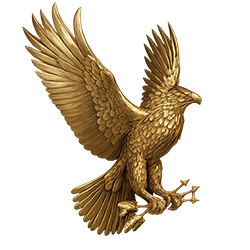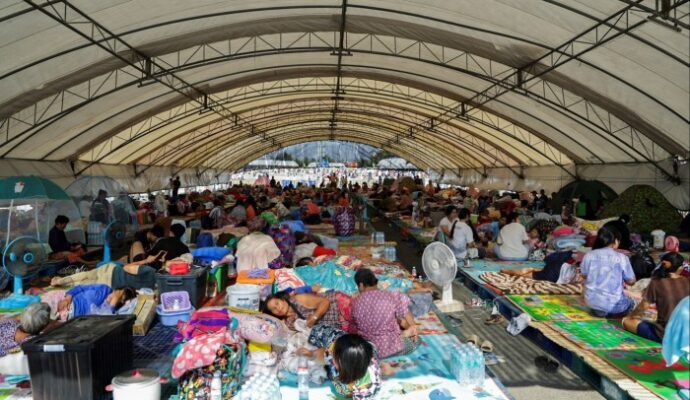Stay informed with free updates
Simply sign up to the Aerospace & Defence myFT Digest — delivered directly to your inbox.
UK officials are lobbying for Rolls-Royce to replace US rival GE Aerospace as the main engine partner on South Korea’s fighter jet programme, as Britain seeks closer ties with the Asian nation’s booming arms sector to help rebuild its own defence industrial base.
South Korean defence group Hanwha Aerospace produces current-generation engines on the KF-21 fighter jet under licence from GE. But US export restrictions over national security concerns have frustrated Seoul’s ambitions to sell the jet to potential buyers such as the United Arab Emirates and Indonesia.
As an alternative, South Korea has been looking to develop its own engines, with Hanwha and local rival Doosan Enerbility pitching for a role in the next generation of the KF-21, which is due to enter production in the mid-2030s.
But with some defence experts expressing scepticism about their capabilities within the timeframe, UK officials have been pressing the case for co-production with a foreign partner as an intermediary step, according to several people familiar with the discussions.
“Rolls-Royce’s involvement would de-risk the project and accelerate the timeline,” said a British official. “This is not about simply selling engines to South Korea. It is about developing a new engine together and seeing that relationship through to the end of the engine’s life.”
Rolls-Royce declined to comment, but one person familiar with the situation said the company, which is hoping to work with India on its indigenous jet engine programme, had made no secret of its interest in opportunities to help other countries develop their own combat capabilities.
UK officials acknowledged their campaign on behalf of Rolls-Royce was part of a wider effort to forge closer defence procurement ties with South Korea, one of the world’s top 10 arms exporters.
But analysts said the efforts could be complicated by Seoul’s decades-long security alliance with the US. Hanwha was pushing for shipbuilding contracts with the US Navy, as well as engine maintenance and repair contracts for US fighter jets based in Asia, said a person close to the company.
Seoul sees defence procurement as a way to meet Washington’s demands to reduce South Korea’s $55bn trade surplus with the US. GE is also interested in continuing its involvement in the KF-21 programme, according to a person familiar with the company’s thinking.
Rolls-Royce supplies gas turbine engines for South Korean naval frigates, while the KF-21’s ejector seat is produced by Uxbridge-based Martin-Baker and its missile system was supplied by MBDA, a European consortium jointly owned by BAE Systems, Airbus and Leonardo.
Hanwha has talked to British officials about partnering with BAE to build munitions factories in the UK, according to people familiar with the discussions, as European countries seek to boost their weapons production capacity following Russia’s full-scale invasion of Ukraine and signs of wavering US commitment to the continent’s defence.
The UK Strategic Defence Review this month recommended the creation of an “always on” munitions production capacity that could be “scaled up at speed if needed”.
BAE this month announced a partnership with Hanwha Systems, the South Korean conglomerate’s radar and software subsidiary, to co-develop an advanced satellite system for intelligence gathering, surveillance and reconnaissance. Hanwha already supplies BAE with “modular charge systems” for its Nato-standard 155mm artillery rounds.
A UK defence ministry spokesperson said: “The Republic of Korea is an important industrial partner and we continue to scope future collaboration opportunities together.”
GE declined to comment on its future involvement in the programme, but a spokesperson said: “GE Aerospace is proud to be a trusted partner in Korea for more than 60 years. We remain committed to supporting Korea’s defence industry and contributing to future programmes with proven expertise and a strong track record.”
South Korea’s defence procurement agency said: “No decision has been made yet on whether we will co-develop the engines with foreign engine makers or with which foreign company to partner with.”
BAE and Hanwha declined to comment.
Additional reporting by Song Jung-a in Seoul and Charles Clover in London


